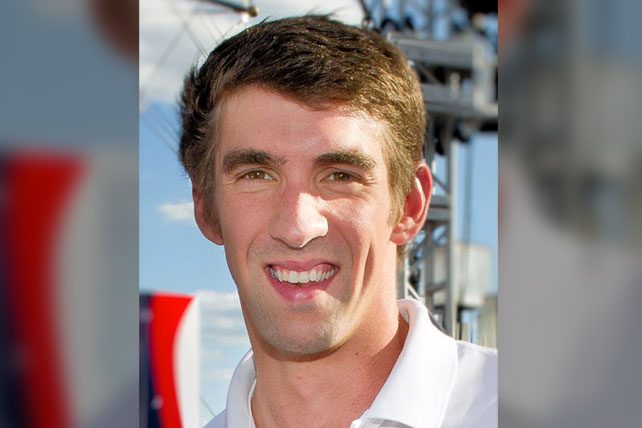Why would an Olympic superstar be interested in a book called The Purpose Driven Life?
If there’s one thing the Olympics can teach us, it’s that hard work and perseverance can pay off. If there’s one thing it can’t teach us, though, it’s how to measure your life. Surely if you’ve won an Olympic medal, you would feel accomplished, right? Surely if you’ve won as many as Michael Phelps you could feasibly ride that feeling of accomplishment the rest of your life.
However, this was not the case for Phelps. Even after winning eight gold medals in Beijing, “Phelps says he despised the image of perfection his success had created.”
In an interview with SportsCenter, Phelps explains,
I was just a train wreck. I was just a time bomb waiting to go off. No self esteem, no self worth.
How does the most successful swimmer in history have a self-esteem problem?
Phelps had stumbled on to a truth many Christians know: Our sense of worth and purpose was never meant to lie in our own accomplishments or the praises of other people.
The breaking point came in 2014 when Phelps was pulled over for speeding in his hometown of Baltimore. Additionally, he was arrested and charged with his second DUI in 10 years. He spent the next five days secluded in his home. Phelps explains he even contemplated suicide:
For a moment I thought it was going to be the end of my life. Literally….Yeah, it’ll probably just be better without me. People won’t have to deal with the BS I give them or the crap I put them through…I just figured the best thing to do was to end my life.
Enter Ray Lewis, former Baltimore Ravens linebacker and friend of Phelps. Lewis helped to pull Phelps off the floor so to speak. Pulling back into his own “dark” past experiences, Lewis helped Phelps to see there was hope to turn around. Lewis and other friends convinced Phelps to seek help at The Meadows, a rehabilitation center outside of Phoenix. “I was just surrendering,” Phelps explained.
Warren’s ‘The Purpose Driven Life’
Lewis also gave Phelps a copy of The Purpose Driven Life by Rick Warren. Phelps explained the book helped by turning him “into believing there is a power greater than myself and purpose for me on this planet.” The book contained the message Phelps needed to hear: It’s not about accomplishments, it’s not about praise. Life is about God and our need for him.
Phelps’s revelation sounds similar to Shawn Johnson’s—the gymnastics darling of the Beijing 2008 Olympics. After incredible success in Beijing, Johnson felt the same way: Not even an Olympic medal can mask the feeling of worthlessness that comes from not knowing God.
It’s exciting to watch these world-class athletes compete in Rio, but it’s also important to remember that any accomplishment in this world, apart from Christ, will always leave us empty and searching. Why not leverage the story of Michael Phelps to make a relevant teaching illustration this week?
You can watch the full story on Phelps and his turn around in the following video.


